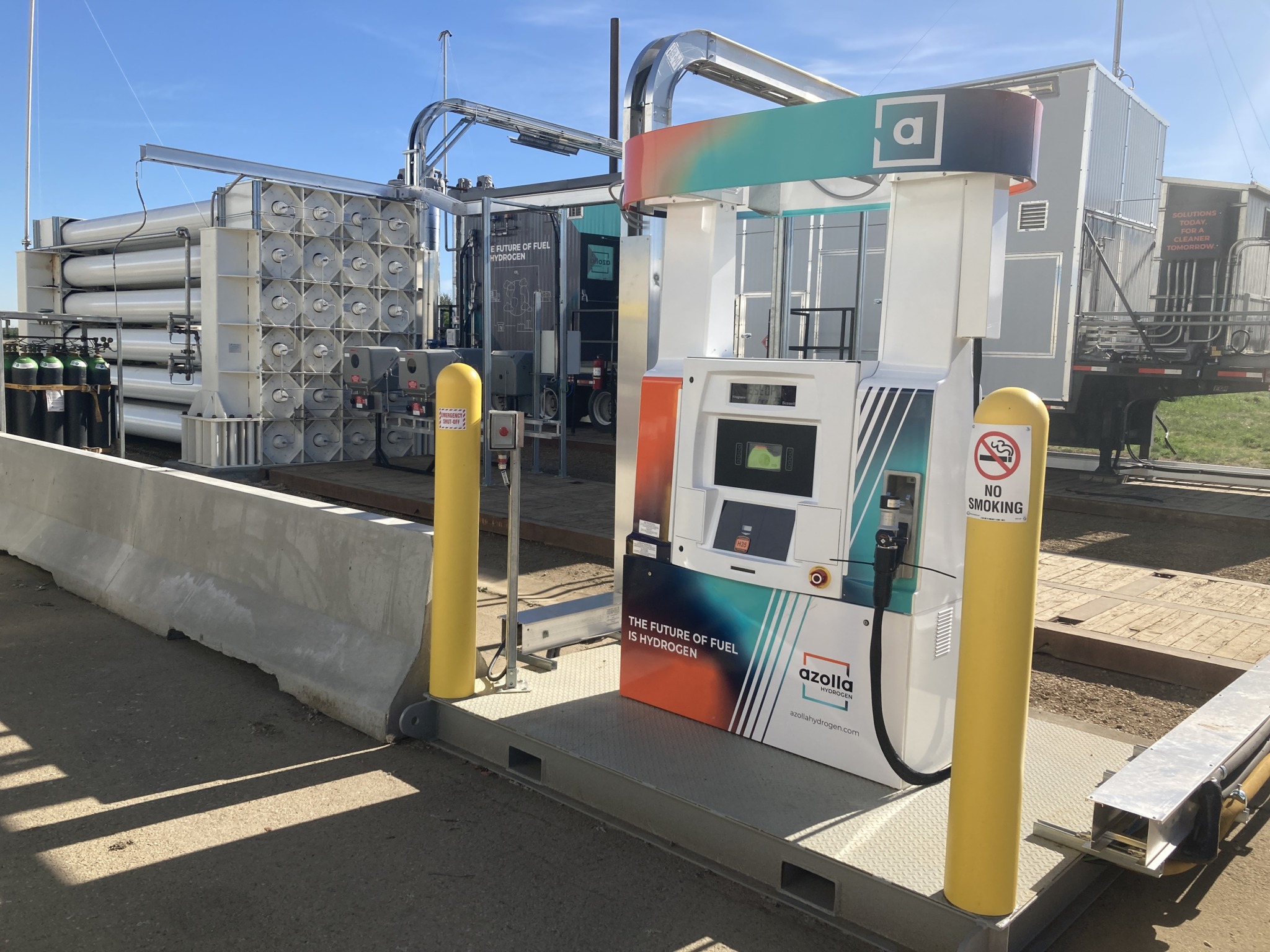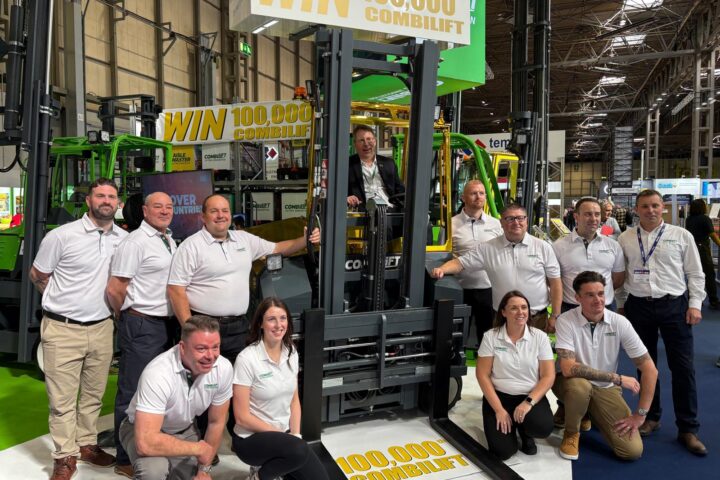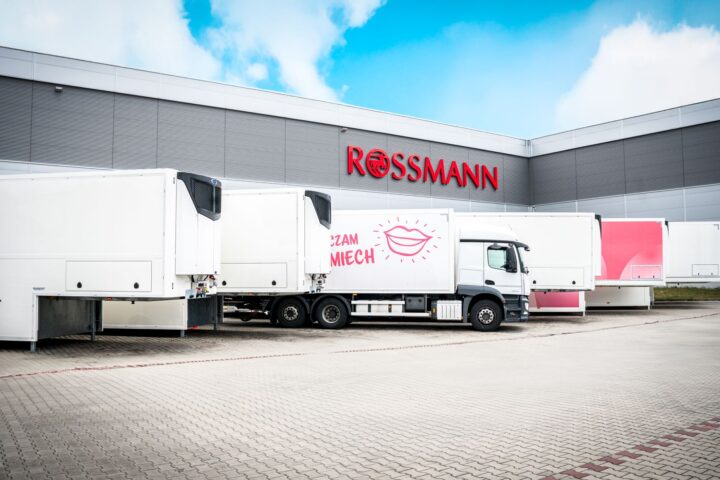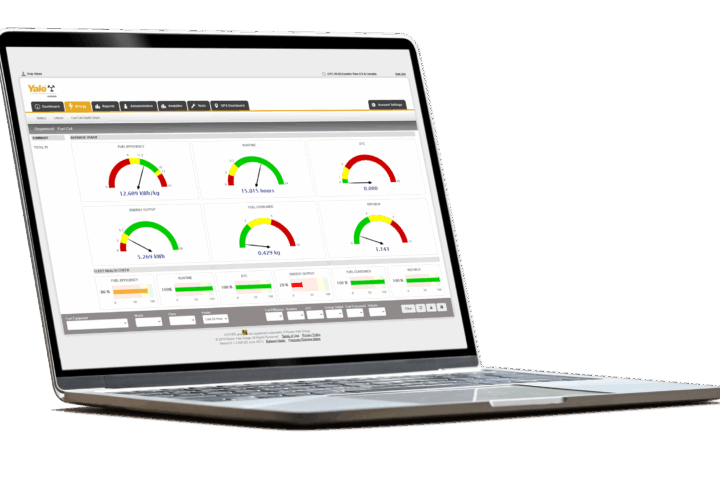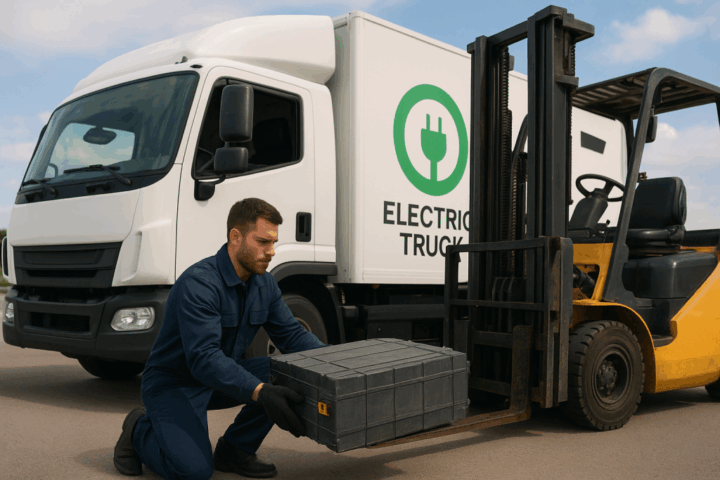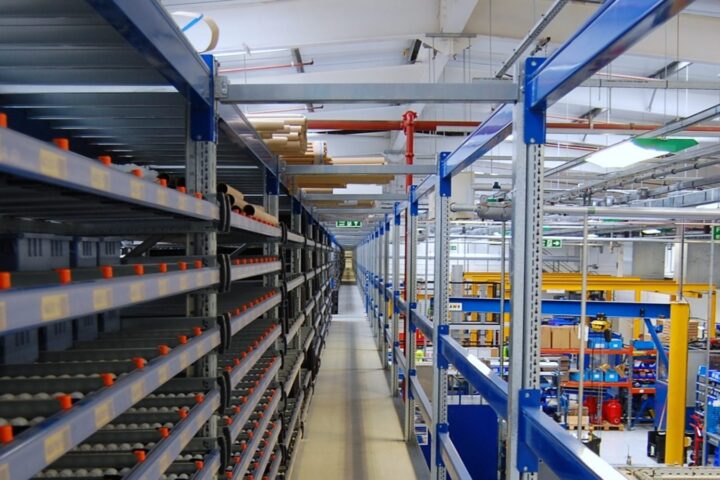The City of Edmonton, along with project partners in the Alberta Zero Emissions Fleet Fuelling (AZEFF) project, is launching the operation of the first mobile hydrogen fuelling station in Alberta.
The Azolla Biodrome mobile fuelling station, is located at the city’s Fleet and Facility Services’ Ellerslie facility, according to a news release. It produces hydrogen to service light-, medium- and heavy-duty fleet vehicles, enabling the city and its regional partners to continue piloting hydrogen as a viable fuel option in real-world conditions. This is the first of two fuelling stations that will operate in Edmonton.
The Azolla Biodrome is a modular hydrogen fuelling system that combines on-site hydrogen production from methanol and deionized water with integrated compression, high-capacity storage and dispensing systems, the release added. Designed for mobility and reliability, the station stores hydrogen in 16 tanks with 600 kilograms of storage capacity.

As the project evolves and hydrogen adoption expands in the region, the mobile fuelling station will service more heavy-duty fleet vehicles. These include Class-8 semi-trucks and Class 7-8 vocational vehicles, such as dump trucks, refuse trucks and plow trucks from the City of Edmonton, Strathcona County and Sturgeon County. This reliable source of hydrogen fuel allows the project partners to continue testing hydrogen fuel technologies in real-world and extreme weather conditions.
Second fuelling station to open in 2026
The AZEFF mobile hydrogen fuelling project is a partnership between the city, Strathcona County, Sturgeon County, the Government of Alberta, Emissions Reduction Alberta (ERA), the University of Alberta, The Transition Accelerator, Alberta Motor Transportation Association and Diesel Tech Industries (DTI). The pilot received $6.9 million in ERA funding in April 2024.
The second mobile fuelling station is scheduled to be operational at a different location in Edmonton in 2026. The pilot project will continue operations through 2027, at which time the city and its partners will produce a final outcomes report.
The City’s current fleet of hydrogen vehicles consists of one dual-fuel waste collection truck, one dual-fuel transit bus, one hydrogen fuel cell electric bus and two Toyota Mirai vehicles. An additional dual-fuel waste long haul truck and another dual-fuel transit bus will be converted and added later. The city stated that is committed to pilot and proof of concept studies on evaluating hydrogen propulsion systems.

